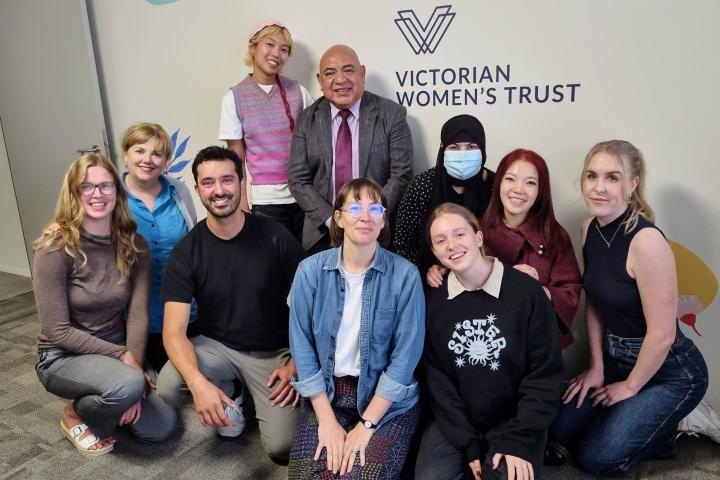Aligning psychological standards across borders: Bupa
Read how Bupa, a diverse and complex organisation, is aligning its psychological and health safety standards with international standards to establish a global benchmark.
- Health Care and Social Assistance
- All locations

- Bupa, a global healthcare provider, increased its focus on worker's wellbeing, health and safety.
- The organisation implemented a psychological standard and set a benchmark for its global sectors.
- In Australia, Bupa is in the process of undertaking psychological risk assessments for its workforce, specific to each different business unit.
- Bupa uses this data to identify risks and priority areas, inform preventative measures to address these, and monitor the effect of interventions over time.



